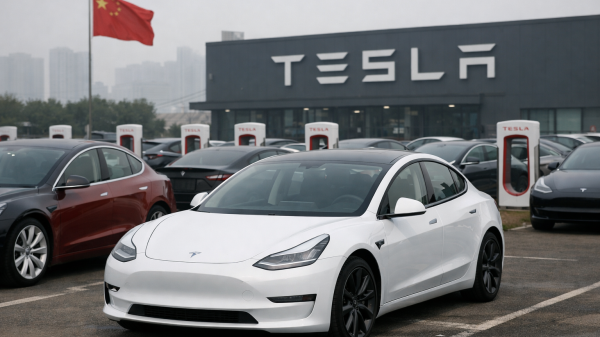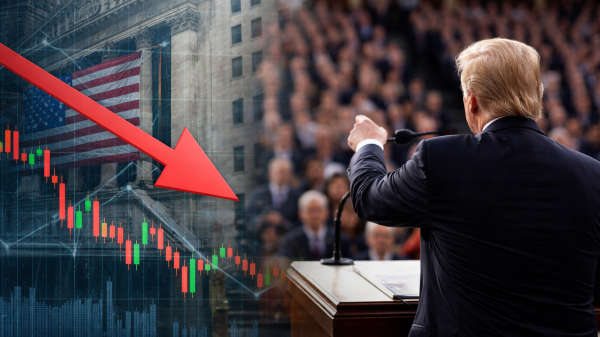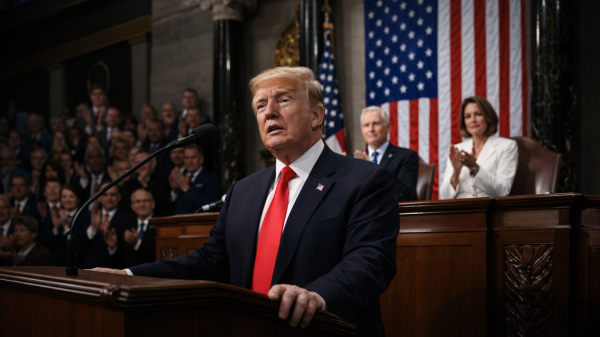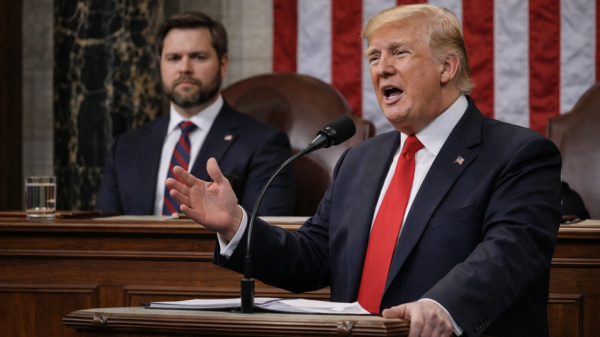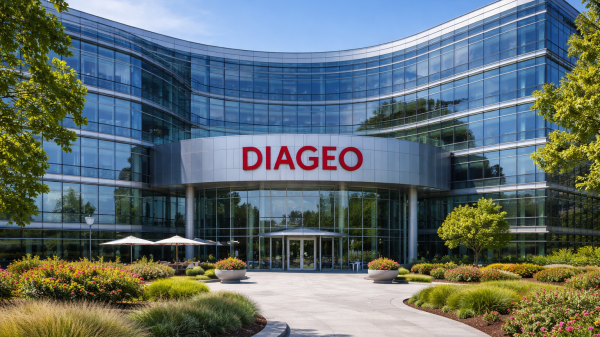Nvidia’s re-entry into the Chinese market with its H20 general processing units has triggered a fresh wave of national security scrutiny from Beijing, potentially delaying or disrupting the sale of hundreds of thousands of AI chips, as per a CNBC report.
While the US-based chipmaker has received clearance from Washington to resume exports, China’s Cyberspace Administration (CAC) is now demanding detailed documentation on alleged vulnerabilities and embedded tracking technologies in the H20 chips.
The concerns arise at a time when Nvidia has already absorbed a $4.5 billion writedown on unsold H20 inventory due to an effective US-led export ban imposed earlier this year.
Although the company expects sales to recover, the ongoing geopolitical tension may introduce further complications.
CAC demands clarification on surveillance risks
On Thursday, Nvidia executives met with Chinese officials after the CAC issued a public statement requesting the company to “clarify and submit relevant supporting documentation regarding security risks” in its H20 computing chips.
The regulator noted that the AI chips may contain “serious vulnerabilities and backdoors,” including capabilities for “tracking and positioning” and “remote shutdown”.
The CAC’s statement, published online, referenced reports from American AI experts who have previously highlighted that such surveillance technologies are already embedded in Nvidia’s chip architecture.
While these features may be compliant with new US export rules, Beijing has raised the alarm over possible misuse.
Lawmakers in the US push for tighter export controls
The scrutiny comes amid rising pressure from US lawmakers to enforce stricter security checks on AI chip exports.
In May, Republican Senator Tom Cotton and a bipartisan group of eight Representatives introduced the US Chip Security Act.
If passed, the legislation would mandate companies like Nvidia to include tracking and location-verification mechanisms in their AI chips intended for export.
Democratic Representative Bill Foster, one of the co-leads on the bill, noted that much of this surveillance infrastructure already exists in Nvidia’s chips.
Independent technical experts told Reuters that the technologies required for such tracking are not only available but also partly integrated into current chipsets.
Despite objections from some US lawmakers against relaxing the export ban, Nvidia confirmed during CEO Jensen Huang’s visit to Beijing that H20 shipments to China were set to resume.
That trip followed a high-level meeting between Huang and US President Donald Trump.
Nvidia’s inventory strategy shifts amid mounting pressure
To fulfil growing demand in China, Nvidia has reportedly placed orders for 300,000 H20 chips with Taiwanese semiconductor manufacturer TSMC.
The move marks an aggressive attempt to capitalise on the newly opened export channel after months of uncertainty.
In May, the company stated that its quarterly revenue could have been $2.5 billion higher had the restrictions not been in place.
The H20 chips, specifically designed to comply with earlier US export controls, were central to Nvidia’s strategy to retain its footprint in China without breaching Washington’s trade regulations.
Geopolitical friction threatens Nvidia’s China ambitions
Nvidia’s balancing act between Washington’s evolving chip policies and China’s growing distrust underscores the complex geopolitical environment surrounding AI hardware.
The CAC’s intervention could signal broader regulatory pushback that might limit how far Nvidia can go in re-establishing itself in the Chinese market.
As Beijing continues to investigate the security features of the H20, further delays or even new restrictions cannot be ruled out.
For Nvidia, the challenge now lies in navigating both sides of the Pacific without alienating either power.
The post Nvidia’s $4.5B H20 chip export plan faces national security pushback from China appeared first on Invezz







